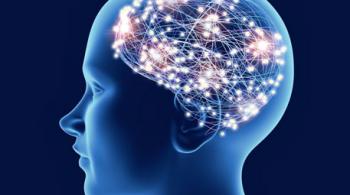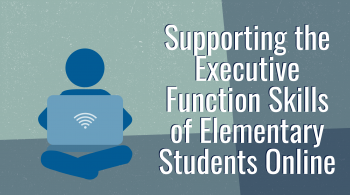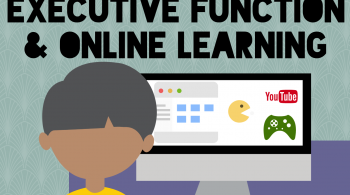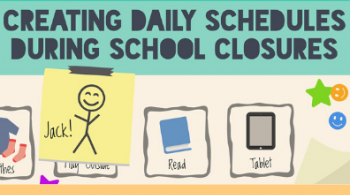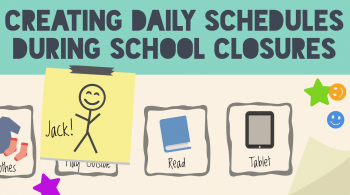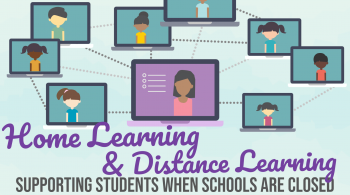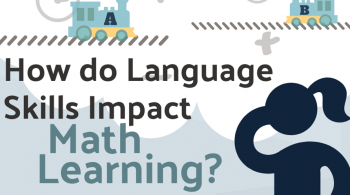By Lisa Carey
August 9, 2016
Teachers are busy people. As one teacher told us, “If I can look at it quickly on my phone, I’ll use it.” In order to support teachers in the way that works with their schedules, we’ve gathered some digital resources to help teachers get a quick handle on neurodevelopment. Below are videos and quick reference guides to help you think about and support students’ developing brains.
How do brains develop?
Teachers influence brain development. Harvard’s Center on the Developing Child offers this quick video to explain how experiences shape the brain. The Alberta Family Wellness Initiative created this great video to explain how families and communities contribute to brain development in early childhood.
Note that while it is more difficult to support positive development in children who have been exposed to toxic stress, it is not impossible. Schools need to recognize the need for additional early supports for students who have had negative early experiences. Want more resources on helping students who have faced trauma and toxic stress? Check out the list of resources made available by the Kennedy Krieger Institute’s Center for Child and Family Traumatic Stress. Want to think more deeply about the relationship between the community a student lives in and their brain health? Check out this interactive game.
Supporting Healthy Brain Development
Executive function is one of the elements of brain development that teachers can influence. Want to find classroom and “homework” activities to support healthy brain development? The Harvard Center on the Developing Child has put together activities guides to support the development of executive function at different stages in development. Simply select which age span you are interested in and download the appropriate guide. Want a little more background on executive function? Check out Dr. Lisa Jacobson’s faculty interview and our quick infographic fact sheet.
Teenagers…
For a long time it was thought that teenager brains were very similar to adult brains. New research is demonstrating how early adolescent (middle school) and teenage brains are unique and still developing. For teachers who work with middle and high school students, it is important to know that you are still influential in their neurodevelopment. Interested in what’s going on in the minds of your teen students? Check out Sarah-Jayne Blakemore’s TED Talk, The Mysterious Workings of the Adolescent Brain, and Insights in the Teenage Brain by Adriana Galván.
Book Recommendations
Looking to take a deeper dive into the topic of neurodevelopment? Kennedy Krieger Institute’s Dr. Martha Bridge Denckla recommends checking out the books Welcome to Your Child’s Brain by Sandra Aamodt and Sam Wang and The Teenage Brain.
To quote Dr. Denckla, “Teachers shape brains.” The learning environments teachers create, the classroom cultures they build and support, and the academic tasks they design combine to influence the health of a student’s developing brain. That’s a lot of responsibility. We hope these resources are helpful to teachers as they support the growth of students.






